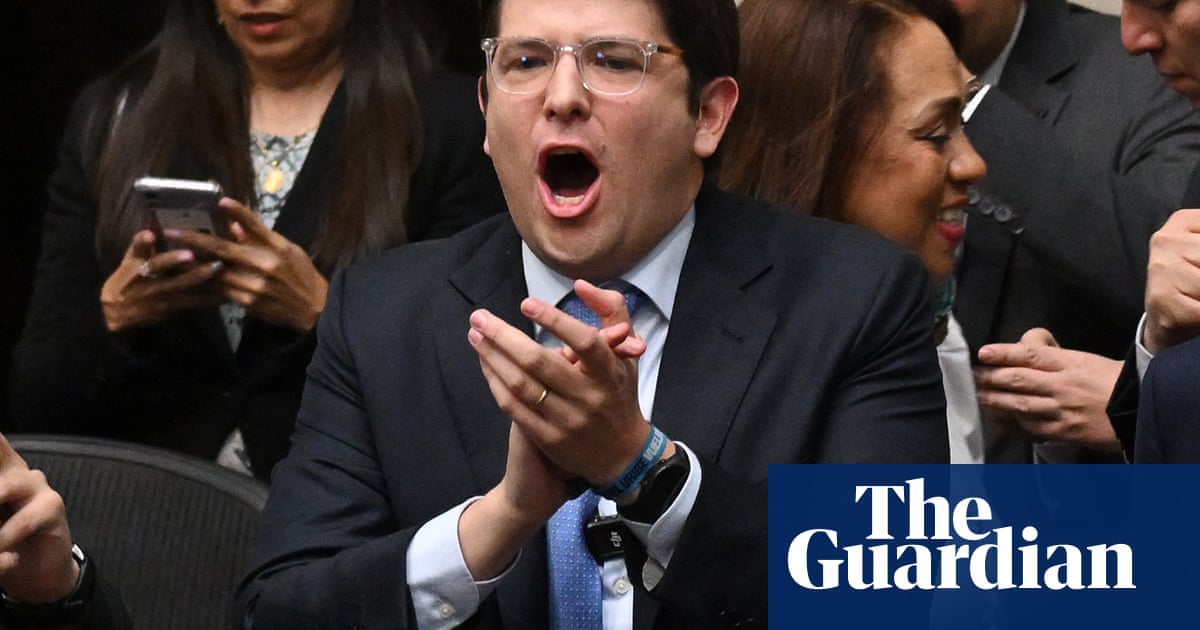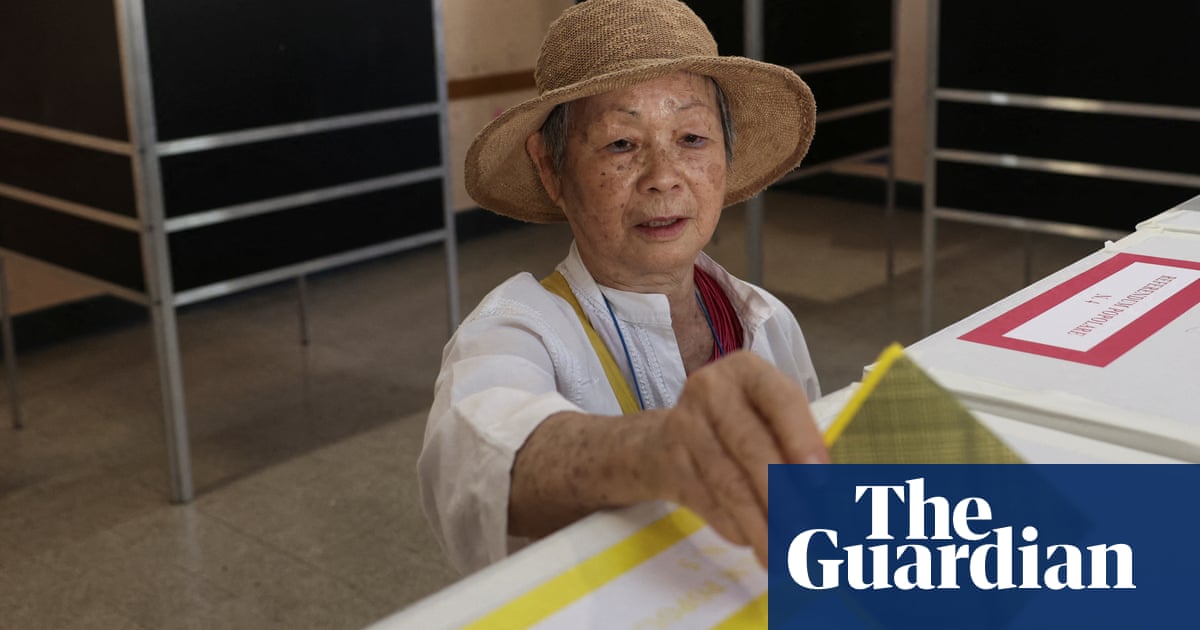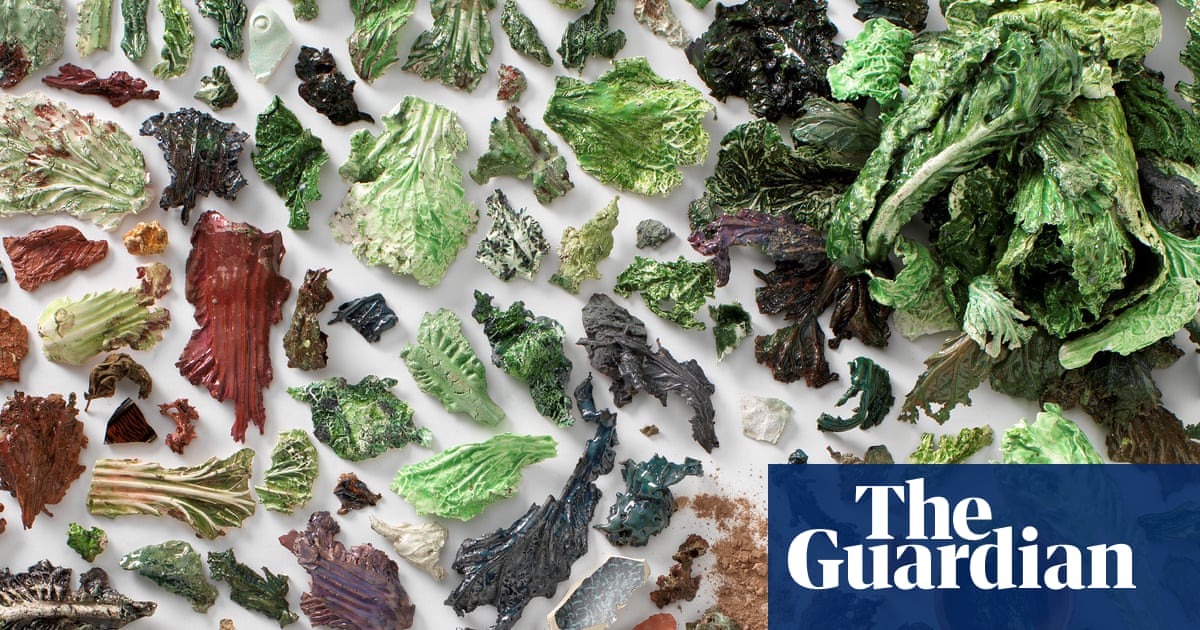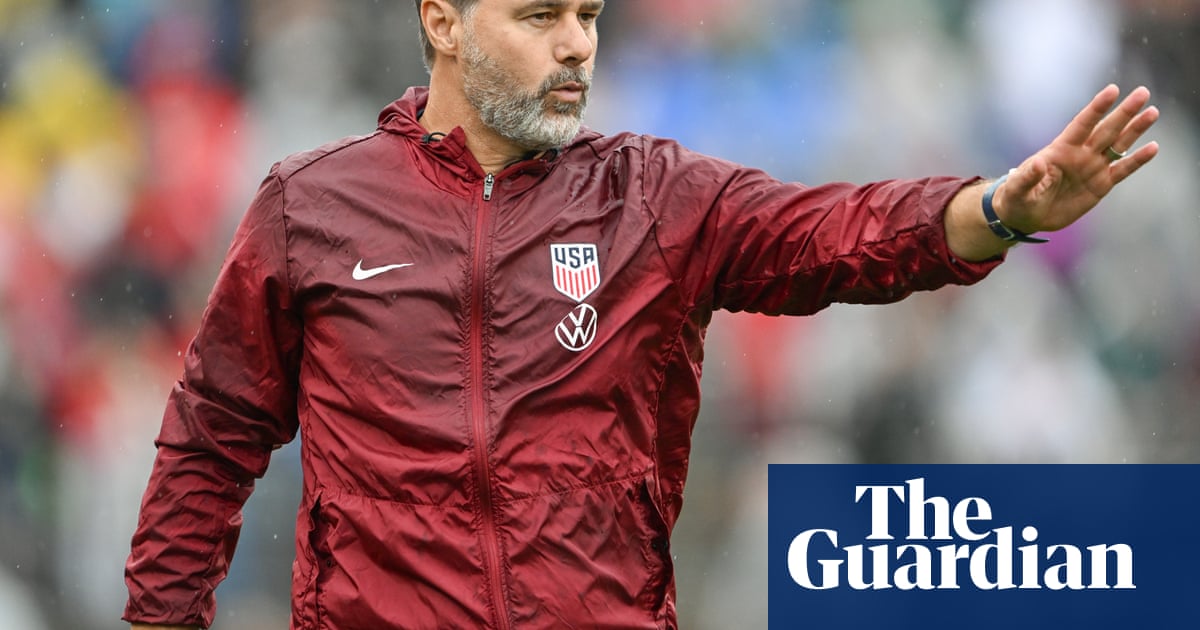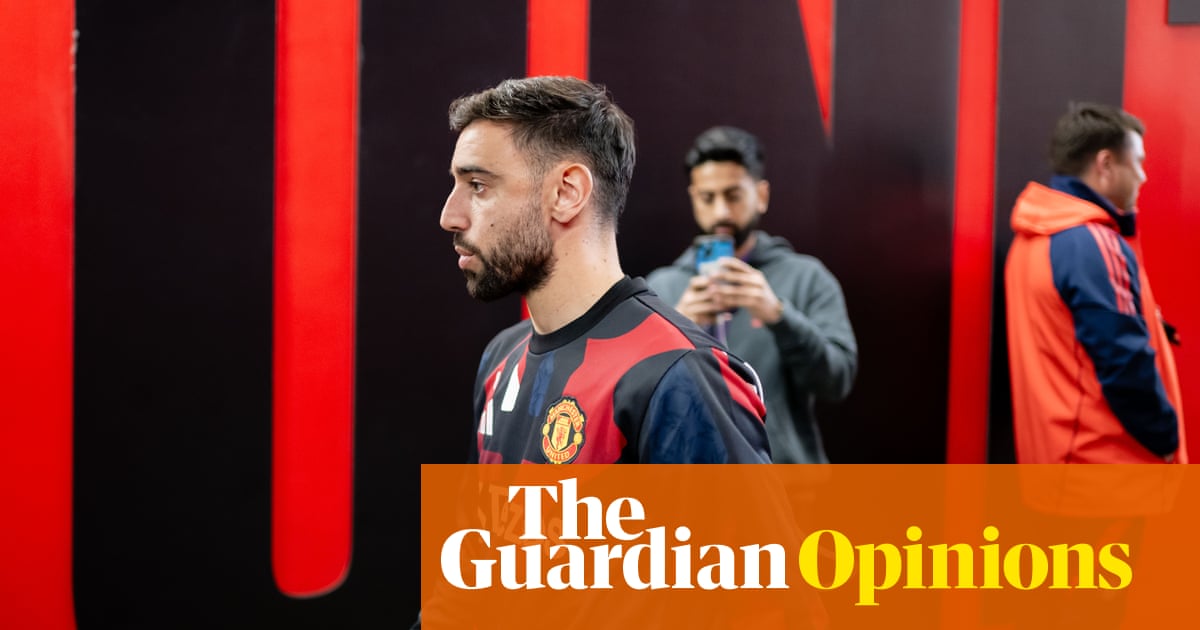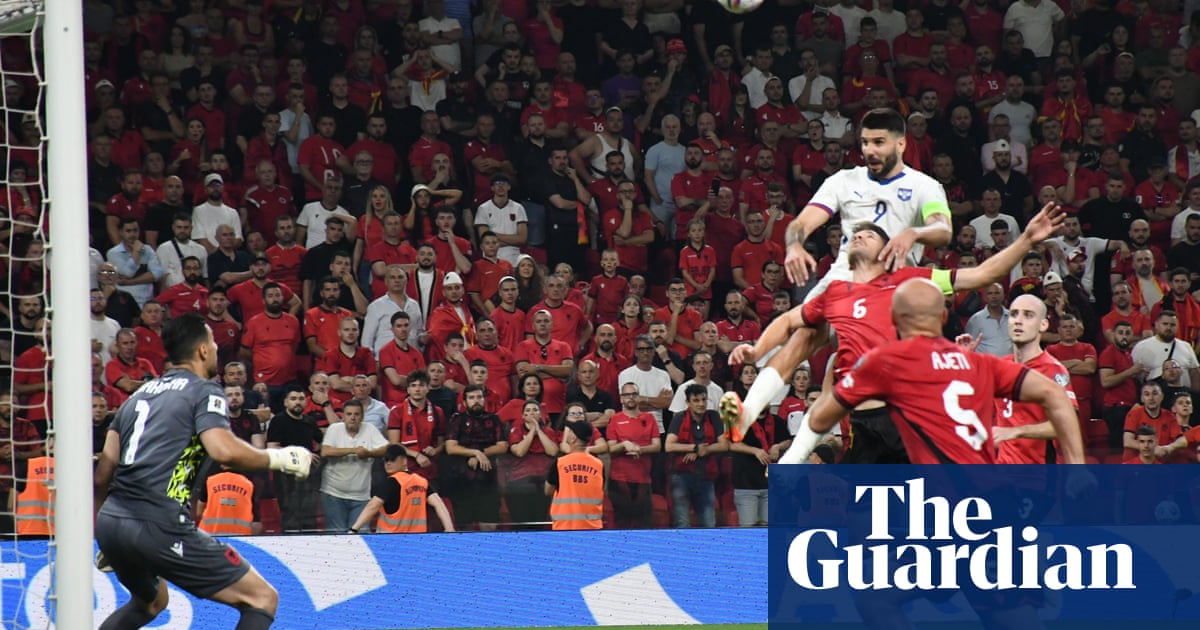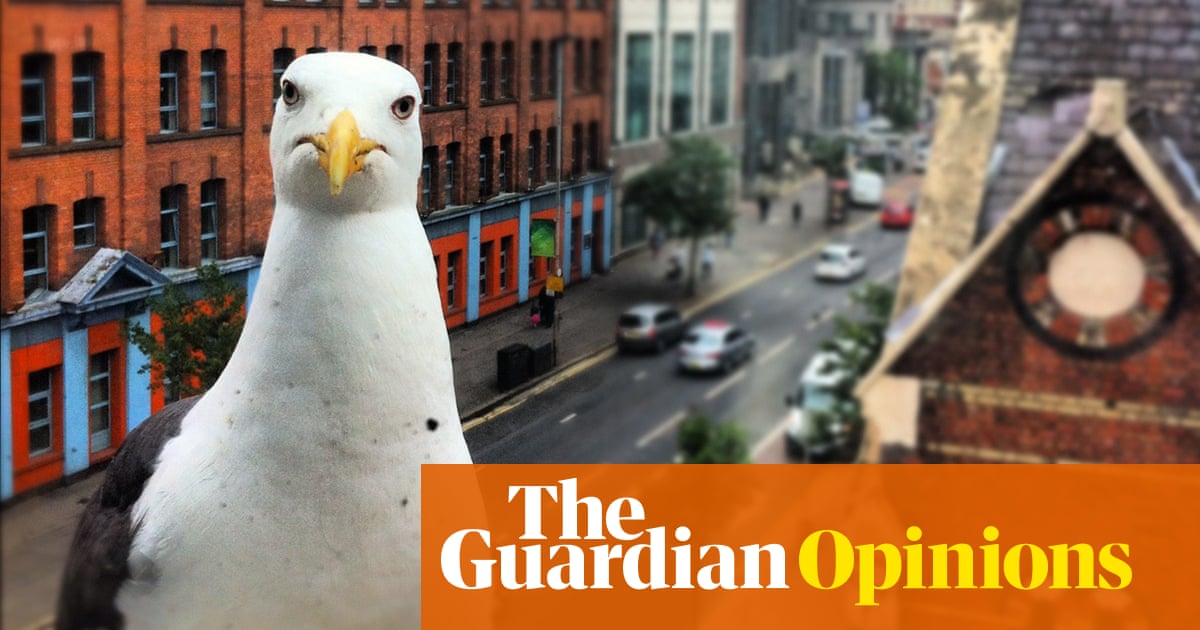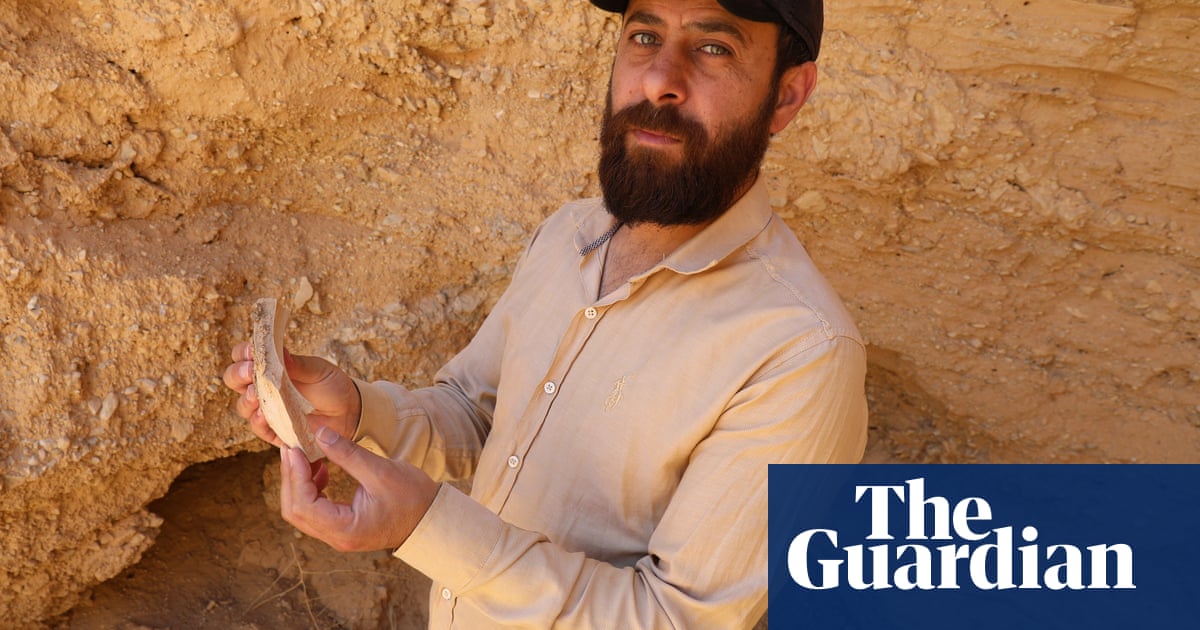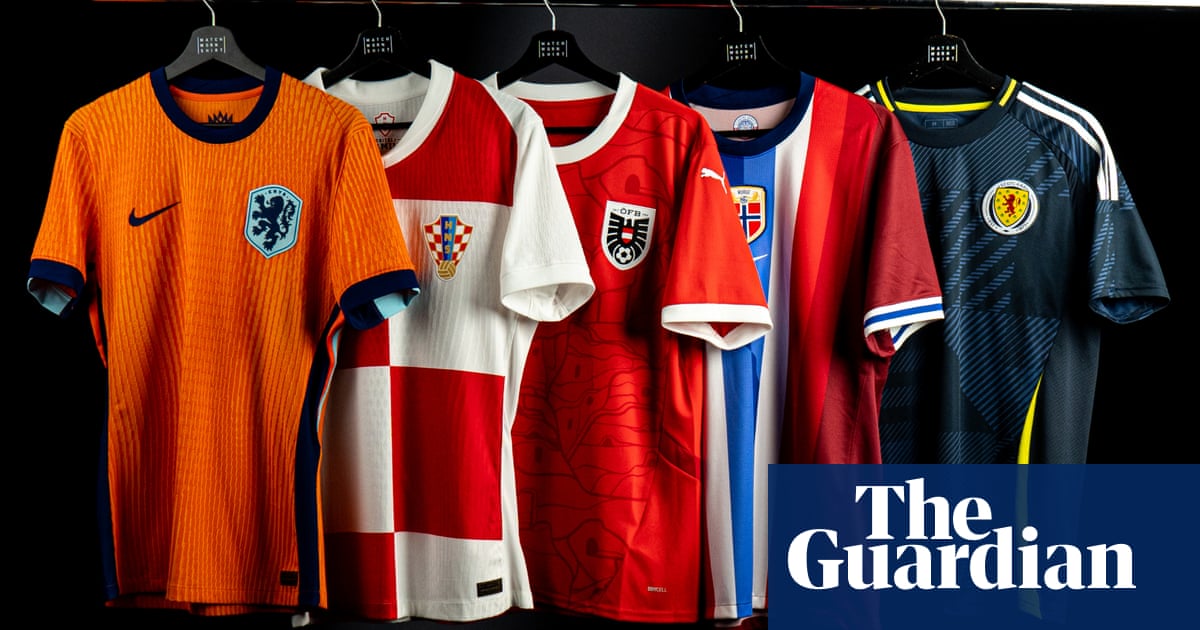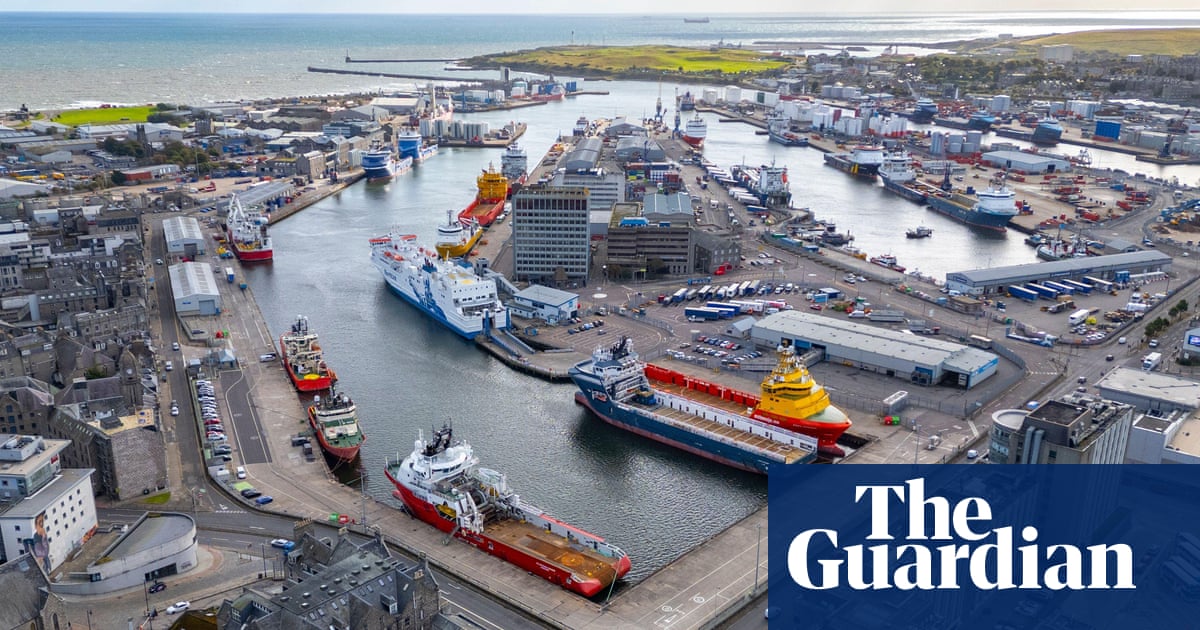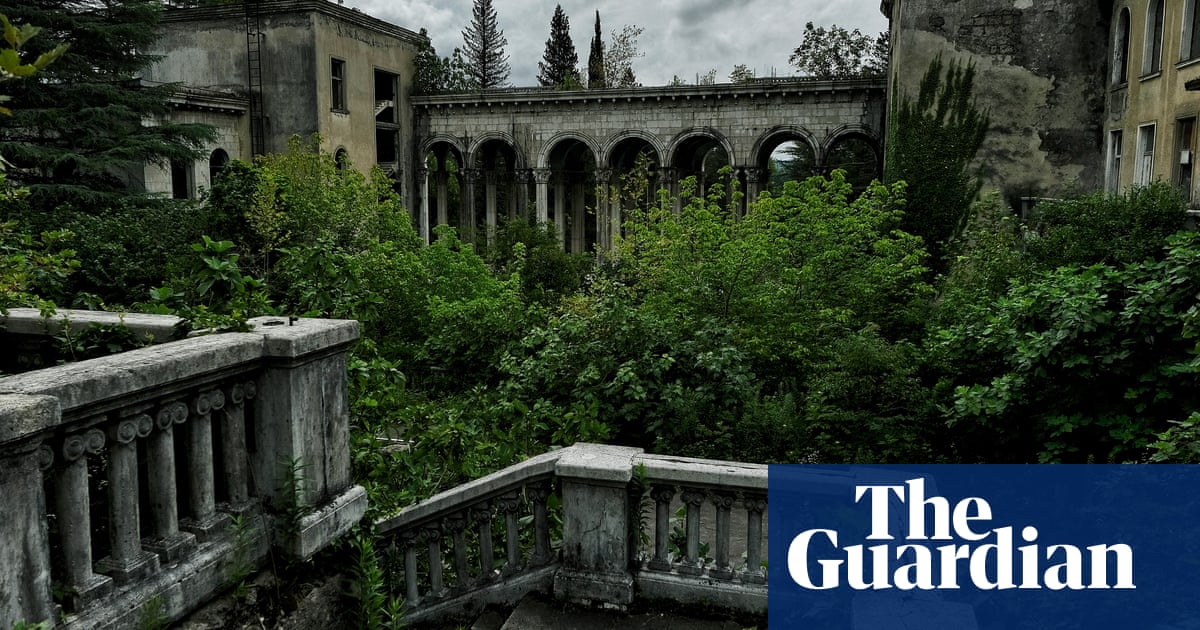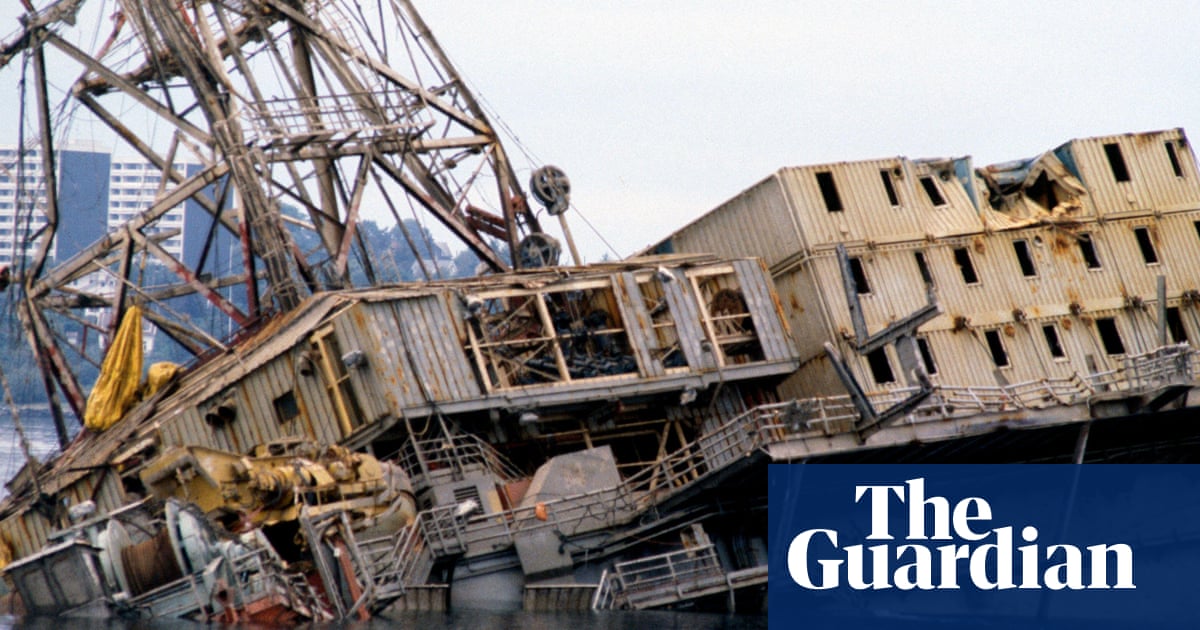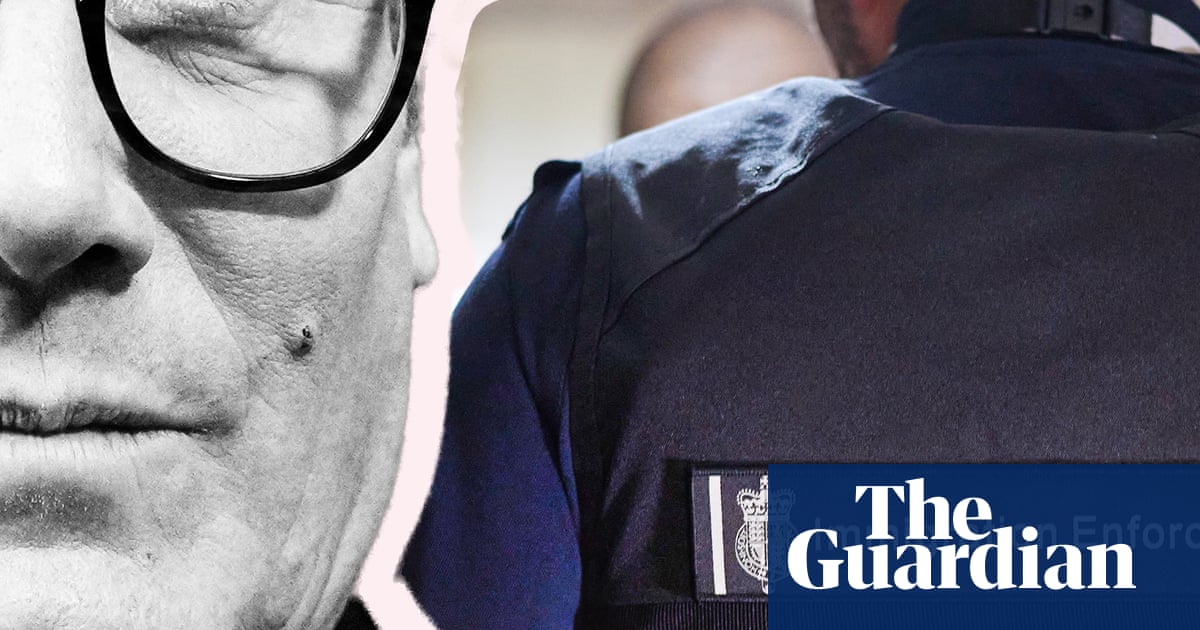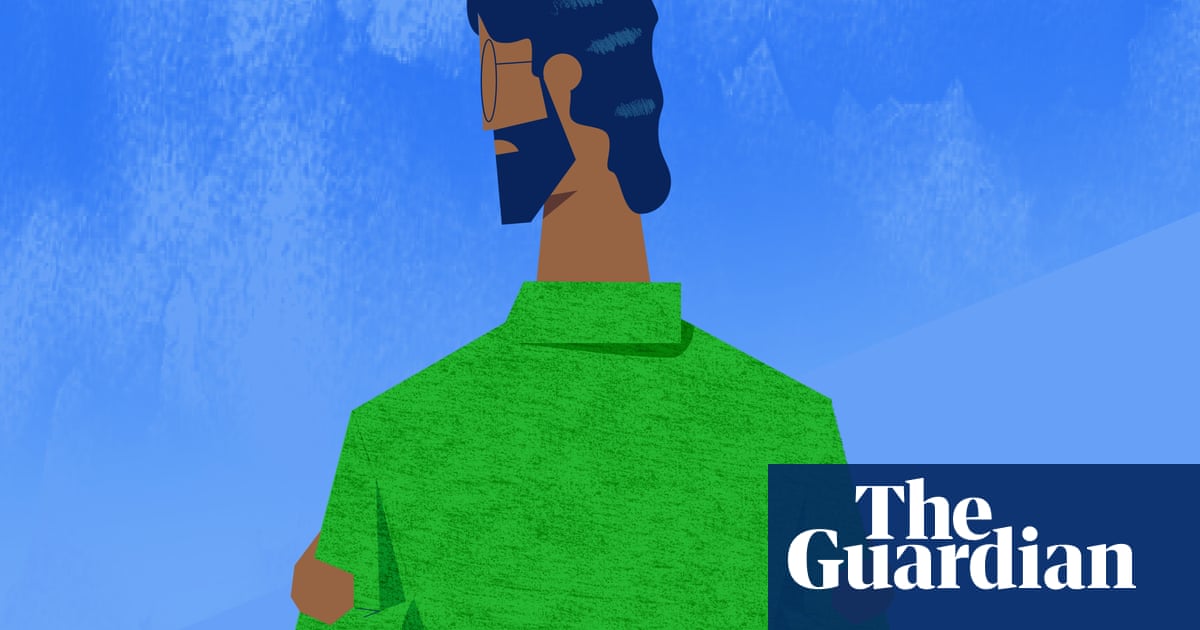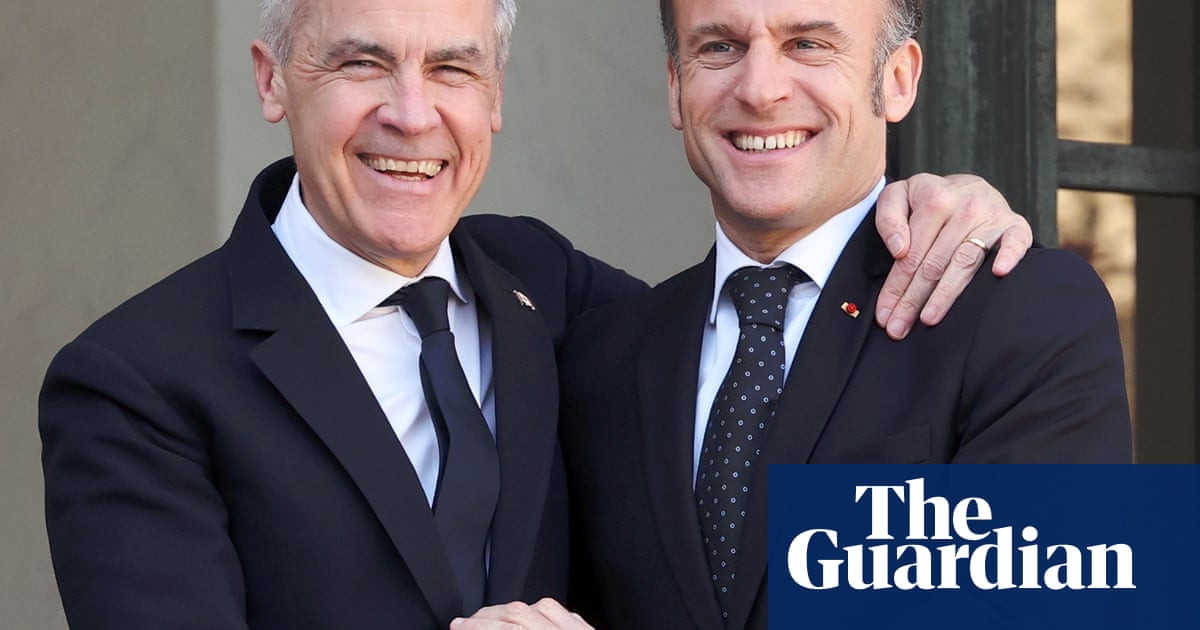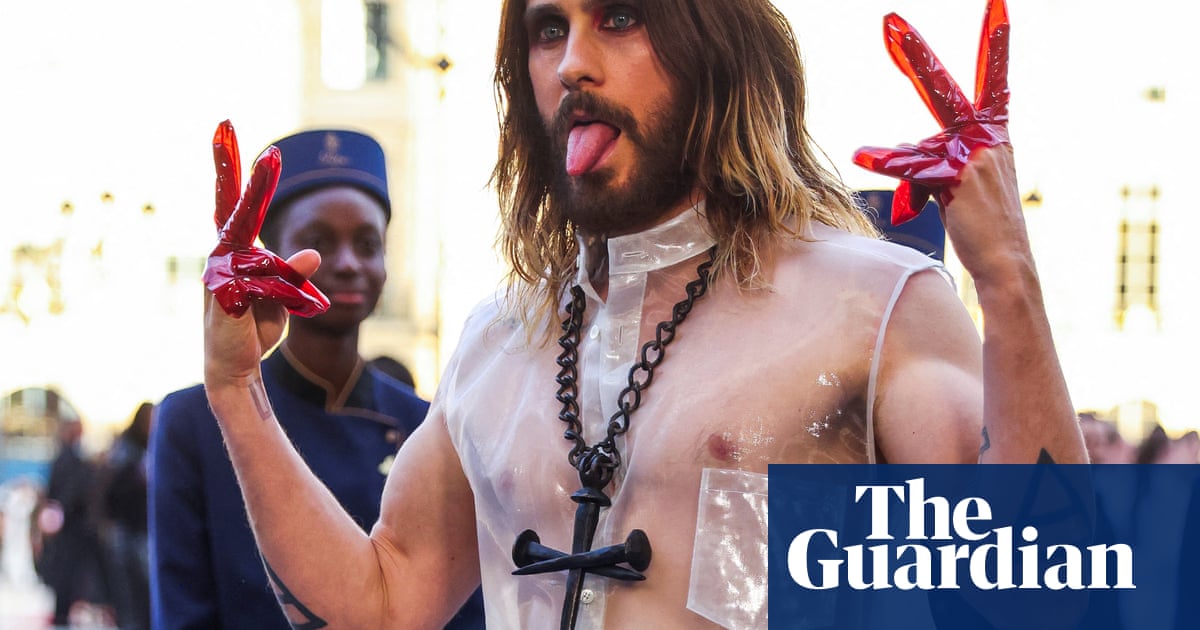Manchester United’s department of around 80 scouts is facing considerable cuts as part of Sir Jim Ratcliffe’s next round of up to 200 redundancies, the Observer understands.
The likely reduction is part of a streamlining of the department due, in part, to the industry-wide practise of utlising data-driven assessment of players. Christopher Vivell, the former Chelsea technical director, who became recruitment director on short-term contract in the summer, is expected to be appointed on a permanent basis as recruitment director to head up the restructured operation.
United employ up to 30 full-time scouts globally and around 50 on a part-time or casual basis. Ratcliffe’s move will likely reduce this number by a sizeable proportion and may impact United’s recruitment both at senior and youth level.
The club’s academy is world-renowned and has a proud record of recruiting a lineage of young footballers who were developed into leading players at senior level. These include Duncan Edwards, George Best, Bobby Charlton, Mark Hughes, Gary and Phil Neville, Paul Scholes, Ryan Giggs, Nicky Butt, David Beckham, Danny Welbeck and Kobbie Mainoo. Amad Diallo, signed from Atalanta when 19, was a product of United’s global scouting system.
The academy has also supplied at least one homegrown player for the match-day squad since 1937.
United’s full-time scouts work both on these shores and globally and are responsible for identifying potential recruits for all levels of the club, from first team to academy. Those employed on a part-time or casual basis cover, in the main, the domestic youth game, predominantly in the north-west of England and other parts of the UK. They usually receive expenses and a small payment.
Ratcliffe is making the proposed new redundancies as part of a wider cost-cutting drive. Yet the scaling back of United’s scouting operation will prove a challenge at a time when the club is struggling for finance to strengthen Ruben Amorim’s first team.
During the recent window, United could afford only a £25.1m outlay on the full-back Patrick Dorgu from Lecce and £1.5m on the centre-back Ayden Heaven from Arsenal. While this was possible without sales, on Friday Amorim warned that a summer repeat will not be possible with regard to permanent transfers.
“To do something we need to sell players,” the head coach said. “We cannot do [signings] now. The window is closed. We need to focus on the games that we have, especially the next one, and then in the summer we will see.”
The cutting of scout numbers may affect Ratcliffe’s Mission 21 and Project 150, which are plans for United to win a 21st league title by the club’s 150th anniversary in 2028.
after newsletter promotion
Of this, Amorim said: “Yes, we talk about [it]. I sense from day one our focus is to win the Premier League, and we can change everything in a few years. I don’t know how long it is going to take. At the moment we are in a difficult situation.”
Over the past three years, United have lost £300m, with the club’s on
and off pitch costs remaining high. Ratcliffe invested $300m (£240m),
primarily to aid the redevelopment of the club’s Carrington base. Yet a
capital injection of that size does not alter the challenging long-term
financial picture.
Manchester United declined to comment.

 3 months ago
49
3 months ago
49
